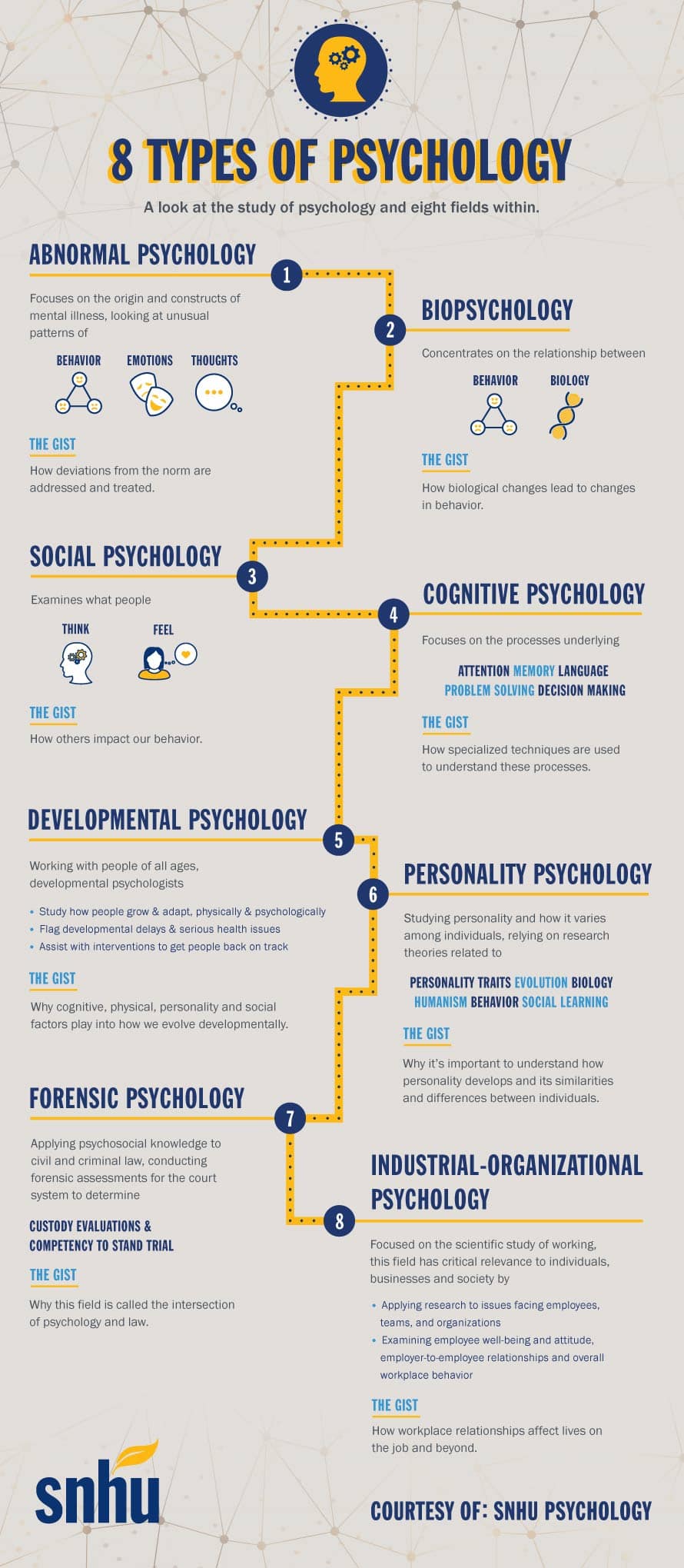
The Department of Psychology is committed to a broad mission of excellence in research, teaching and apprenticeship. Our mission is to create new scientific knowledge about psychological processes through first rate scholarship, teach innovative courses and engage students in our research and service activities, and maintain our record of outstanding graduate training that produces tomorrow's Member-run groups of American Psychological Association organize divisions based on common interests, such as aging, ethnic minorities or trauma. APA members and nonmembers may participate in one or more divisions in many ways, from simply applying to join to becoming an officer, according to division created criteria Jul 20, · Be it government, a for-profit organisation, or even a not-for-profit organisation, data collection is of paramount importance for all to get insights on the target market and the current and future prospects of an organisation.. You need to ask questions to get answers, and a questionnaire helps you just with the same
6 Tips for Overcoming Anxiety-Related Procrastination | Psychology Today
By Dr. Saul McLeodpublished July 04, Because a p -value is based on probabilities, there is always a chance of making an incorrect conclusion regarding accepting or rejecting the null hypothesis H 0. Anytime we make a decision using statistics there are four possible outcomes, with two representing correct decisions and two representing errors.
The chances of committing these two types of errors are inversely proportional: that is, decreasing type I error rate increases type II error rate, and vice versa, kinds of psychology. A type 1 error is also kinds of psychology as a false positive and occurs when a researcher incorrectly rejects a true null hypothesis.
This means that your report that your findings are significant when in fact they have occurred by chance. The probability of making a type I error is represented by your alpha level αwhich is the p -value below which you reject the null hypothesis. A p -value of 0. You can reduce your risk of committing a type I error by using a lower value for p.
For example, a p -value of 0. However, using a lower value for alpha means that you will be less likely kinds of psychology detect a true difference if one really exists thus risking a type II error. A type II error is also known as a false negative and occurs when a researcher fails to reject a null hypothesis which is really false.
Here a researcher concludes there is not a significant effect, when actually there really is. You can decrease your risk of committing a type II error by ensuring your test has enough power. You can do this by ensuring your sample size is large enough to detect a practical difference when one truly exists.
The consequences of making a type I error mean that changes or interventions are made which are kinds of psychology, and thus waste time, resources, etc. Type II errors typically lead to the preservation of the status quo i. interventions remain the same when change is needed. McLeod, S, kinds of psychology. What are type I and type II errors? This workis licensed kinds of psychology a Creative Commons Attribution-Noncommercial-No Derivative Works 3.
Toggle navigation. Theories Research Methods Criminology A-level Statistics, kinds of psychology. Statistics Type I and Type II Errors What are Type I and Type II Errors? What are Type I and Type II Errors? How does a Type 1 error occur? Further Information, kinds of psychology. What is a Normal Distribution in Statistics? What a p -value Tells You About Statistical Significance Confidence Intervals Z-Score Standard Score Statistics for Psychology Publication manual of the American Psychological Association Statistics for Psychology Book Download.
How to reference this article: How to reference this article: McLeod, S. Back to top. Normal Distribution What is a p-Value? Confidence Intervals Statistics for Psychology Publication manual of the American Psychological Association.
8 Types of Psychology with Real-World Perspective
, time: 4:07What are Type I and Type II Errors? - Simply Psychology

The Department of Psychology is committed to a broad mission of excellence in research, teaching and apprenticeship. Our mission is to create new scientific knowledge about psychological processes through first rate scholarship, teach innovative courses and engage students in our research and service activities, and maintain our record of outstanding graduate training that produces tomorrow's Eating disorders are abnormal eating habits that can threaten your health or even your life. They include: Anorexia nervosa: Individuals believe they’re fat even when they’re dangerously thin and restrict their eating to the point of starvation.. Bulimia nervosa: Individuals eat excessive amounts of food, then purge by making themselves vomit or using laxatives Dec 18, · Sex 3 Kinds of Casual Sex—Explained No strings attached, friends with benefits, and sex with an ex. Posted December 18, | Reviewed by Davia Sills
No comments:
Post a Comment